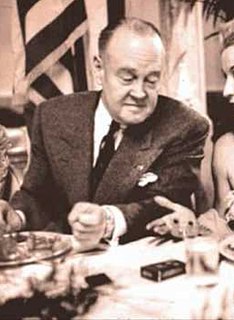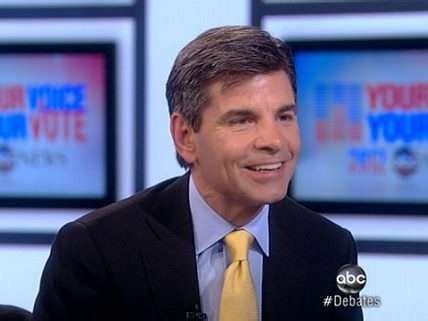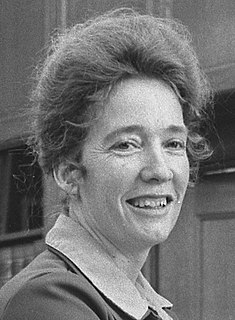A Quote by Prashant Bhushan
I believe that open criticism of any institution is necessary in a democracy, to safeguard the constitutional order.
Related Quotes
The honest and serious student of American history will recall that our Founding Fathers managed to write both the Declaration of Independence and the Constitution without using the term 'democracy' even once. No part of any of the existing state Constitutions contains any reference to the word. [The men] who were most influential in the institution and formulation of our government refer to 'democracy' only to distinguish it sharply from the republican form of our American Constitutional system.
There are many who criticise the United Nations. And those of us who know this institution well know that it is not immune from criticism. But those who argue against the United Nations advance no credible argument as to what should replace it. Whatever its imperfections, the United Nations represents a necessary democracy of states.
In order to contract, It is necessary first to expand. In order to weaken, It is necessary first to strengthen. In order to destroy, It is first necessary to promote. In order to grasp, It is necessary first to give. This is called subtle light. The weak and the tender overcome the hard and the strong.


































